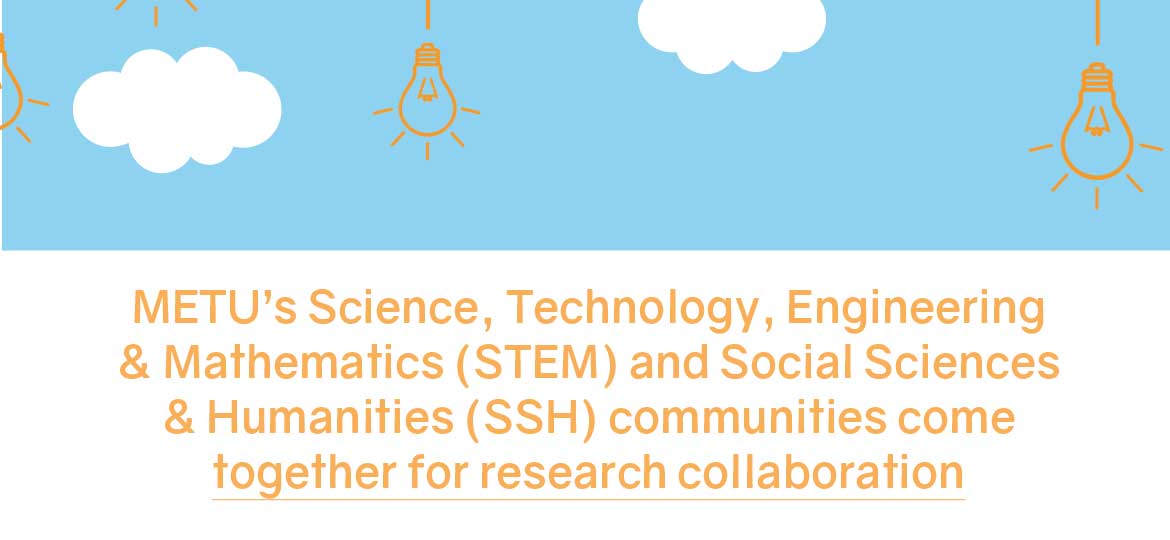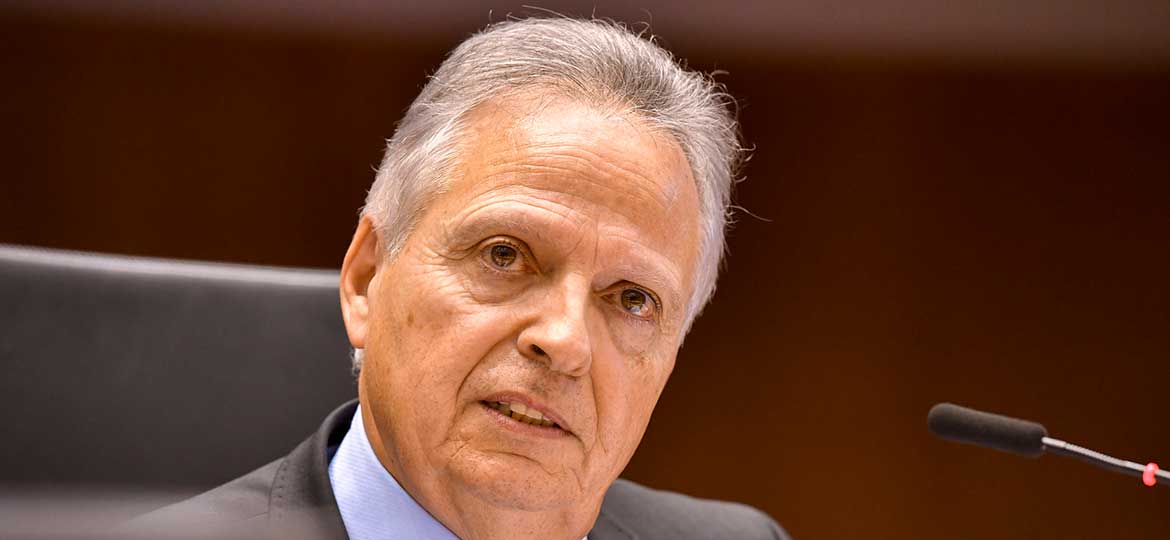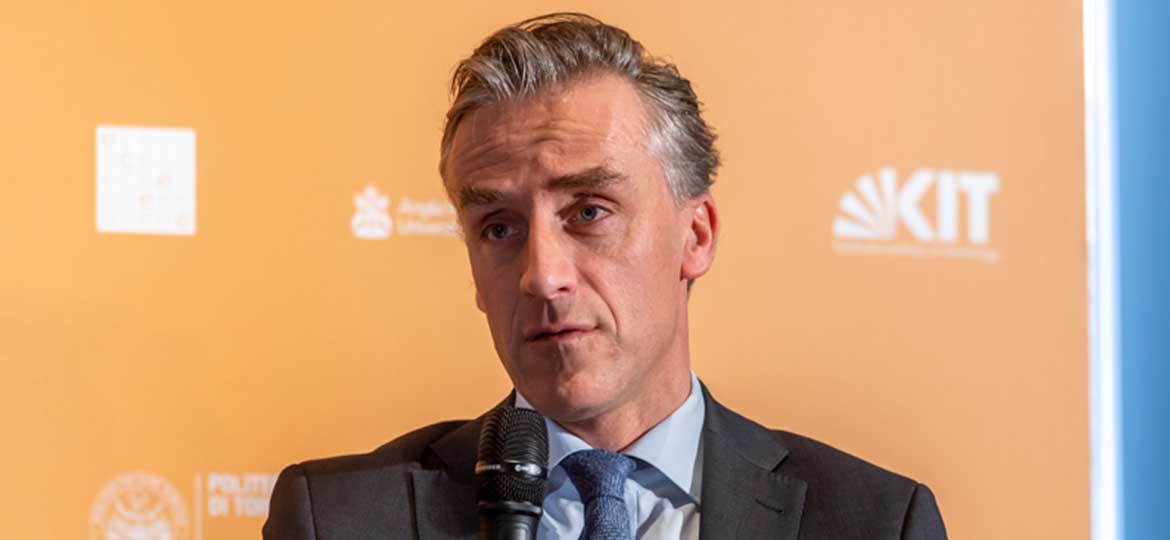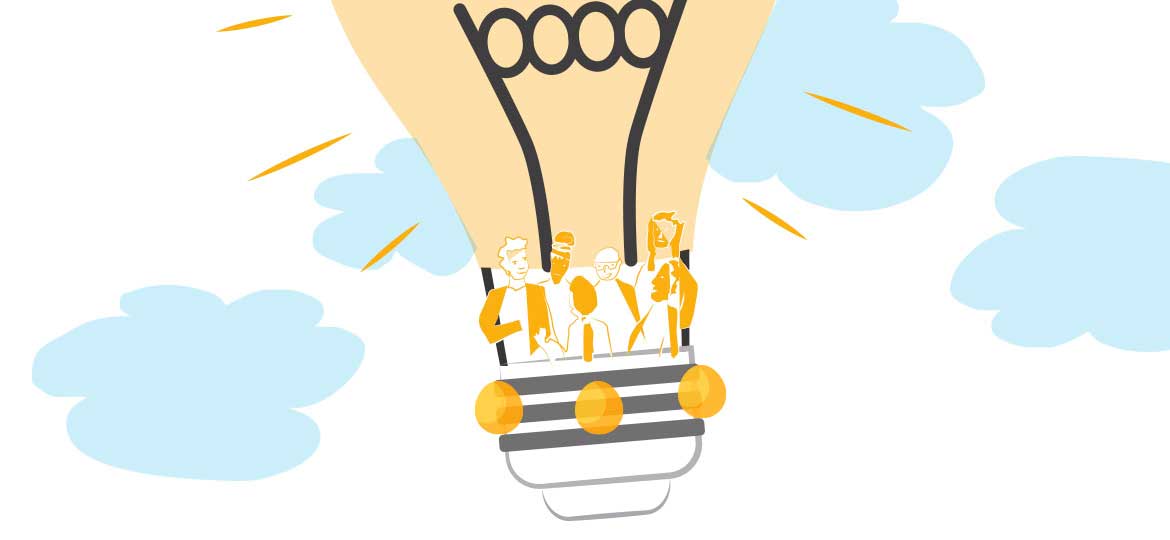Agathe, single mother of 2 children, gets support from a social assistant. She is not the owner of her apartment and she is living in an energy-hungry home. She would like to refurbish it or move out to a decent flat. She does not know what to do and she feels that it might be easier to do the works without getting a permit as procedures are unclear and complicated.
Citizen actions face many obstacles in their development and implementation and among others lack of clear information and step-by-step process and support.
In the SHAPE ENERGY workshop in Brussels, organised on the 30th of January 2018, we wanted to think about how public actors can help, support and develop energy transition initiatives carried out by citizens. More specifically, the workshop discussed how public actors in Brussels can cooperate positively with existing and emerging citizens’ initiatives on the territory. How to help these initiatives grow and develop further? What is the place granted to the sharing economy? What kind of networking should be in place for all the bottom up actions? Which communication channels are the most appropriate?
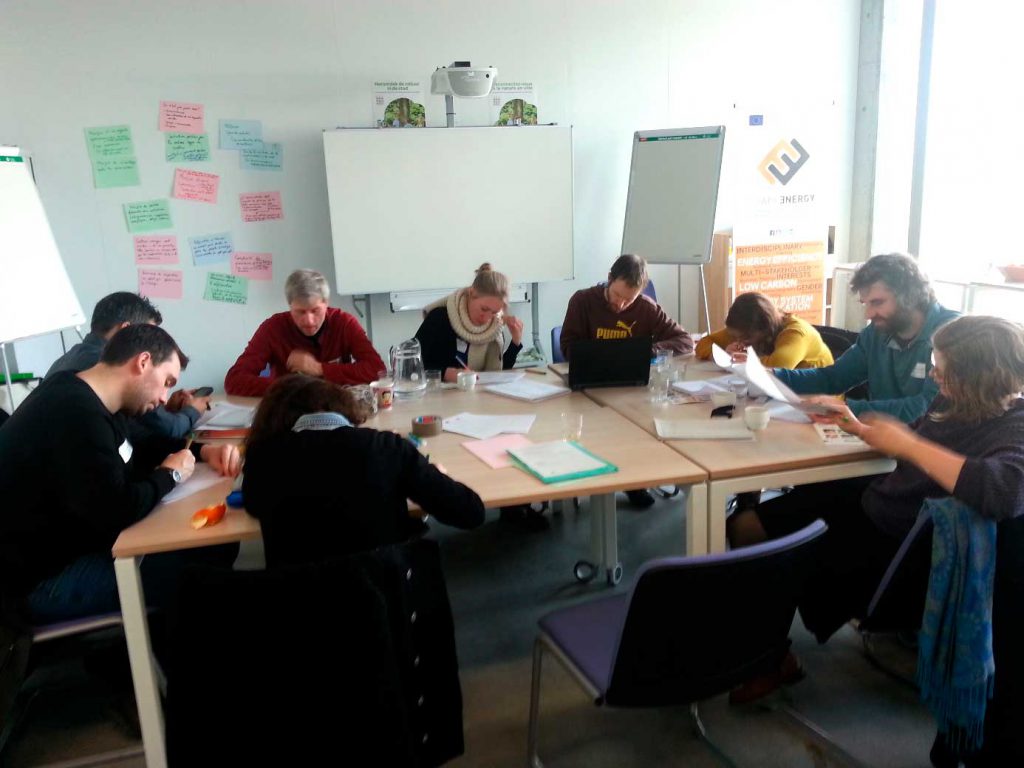
This one-day workshop gathered relevant local actors working in the field of the energy transition in Brussels:
- Brussels Environment: Administration in charge of Environment Management for the Brussels-Capital Region
- 21 Solutions: Consultants specialized in eco-consulting and environmental transition with expertise in citizen participation
- Transition Network: Association whose objective is to encourage and promote all kinds of transitions to reimagine and rebuild the world of tomorrow
- FDSS (Federation of Social Services): Support Group for Social Workers for the Brussels-Capital Region
- One more house: Neighbourhood/Community house (maison de quartier)
- CAFA: Support and Training Center for Adults
- Ecoconco: Association whose aim is to encourage sustainable consumption in the broad sense
- CPAS Watermael: Public Center for Social Assistance of the municipality of Watermael
- Community land trust: Association that wants to apply the concept of Community Land Trust in the Brussels Capital Region
- Rescoop.eu: European Association of Cooperatives for the Production of Renewable Energy
- Brulocalis: Association of the city and the communes of the Brussels-Capital Region
Numerous challenges were identified by these key local stakeholders and those selected for further discussion on possible solutions were:
- Fatigue/exhaustion of the citizens carrying out citizen projects / difficulties to persist / citizen burnout
- Communication difficulties
- Lack of methodology to support and develop citizen initiatives
Some of the solutions that were mentioned were concerning the common “branding” of bottom-up initiatives, giving them a certain image and visibility locally. The local administrations need to give the right to experiment to their citizens and let them have enough freedom to be creative. However, the local authorities need to provide a certain framework and accompany and support these projects.
Several barriers were mentioned concerning citizen engagement in the refurbishment processes, like the case of Agathe. The local host, Brussels Environment would like to go more in depth in this topic during a future multi-stakeholder workshop on the 22nd of June 2018.
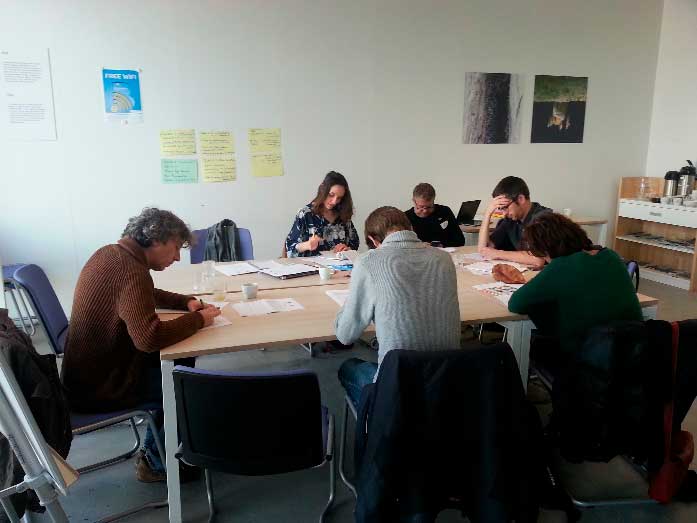
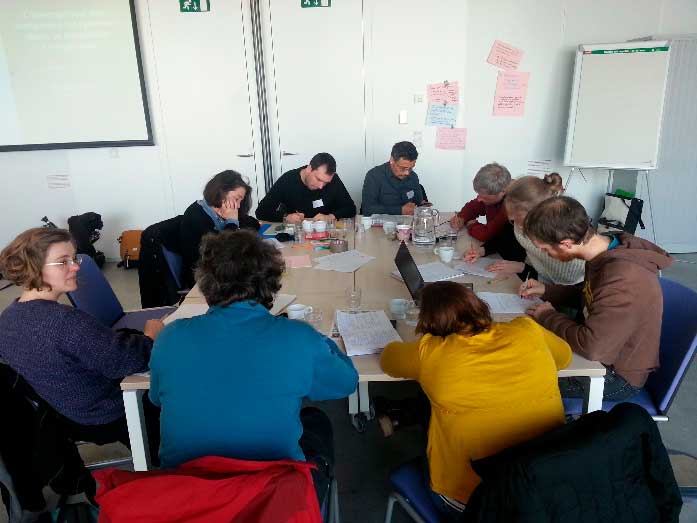
The stakeholders appreciated the networking opportunity the SHAPE ENERGY workshop offered them and are looking forward to new collaboration opportunities.
By Kinga Kovacs from Energy Cities, one of the facilitators of SHAPE ENERGY multi-stakeholder workshop in Brussels.

